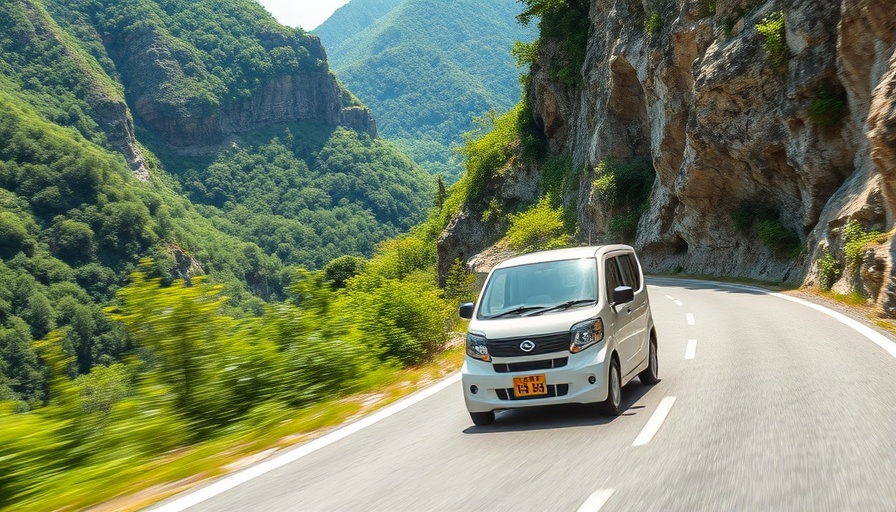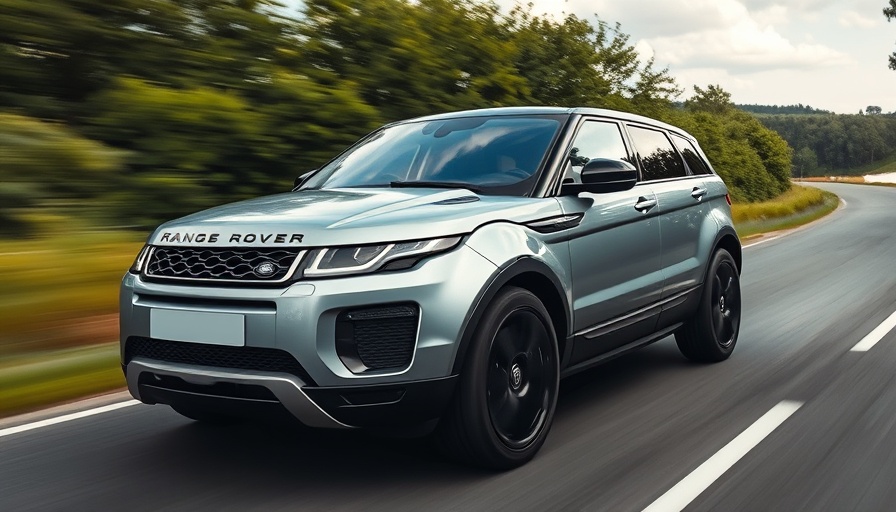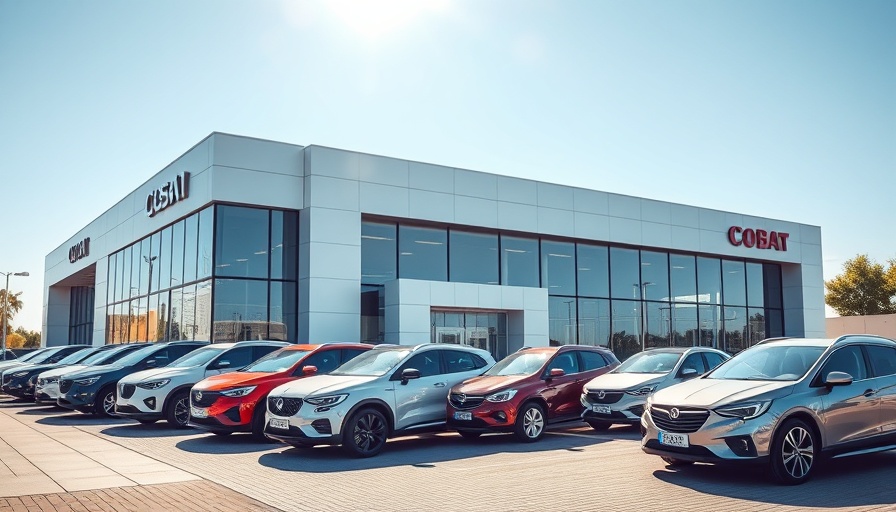
The Rise of Kei Cars in the United States
Colorado has taken a bold step in the automotive world by becoming the first state in the U.S. to officially legalize kei cars, paving the way for their introduction in 2027. Kei cars, a Japanese innovation, are compact, lightweight vehicles designed to navigate the bustling city streets while providing excellent fuel efficiency and functionality. With this new law, Colorado may set a precedent for other states to follow, which could revolutionize urban driving in America.
What Are Kei Cars?
Kei cars, short for "light vehicles," are small cars that are popular in Japan due to their affordability and practicality. Measuring no more than 3.4 meters in length and 1.48 meters in width, kei cars are designed to maximize efficiency in space and fuel consumption. Most models are powered by small, economical four-cylinder engines that provide just enough power for city driving, making them a perfect choice for urban congestion.
Benefits of Kei Cars for Consumers
As urban populations grow, so do concerns about traffic congestion and environmental impacts. Kei cars, with their smaller footprint and impressive fuel economy, offer a sustainable alternative in the crowded car market. They provide substantial savings in both fuel costs and parking space. Moreover, with features such as advanced safety technologies becoming standard, consumers can feel secure while benefiting from lower price points compared to larger vehicles.
Environmental Impact: A Step Toward Sustainability
By allowing kei cars, Colorado not only embraces a growing automotive trend but also helps promote greener driving practices. These vehicles typically produce fewer emissions than traditional cars, contributing to a reduction in air pollution. As electric vehicle adoption continues to rise, kei cars can be an essential addition to the mix, providing further options for eco-conscious consumers. Environmental advocates believe that kei cars could help address climate concerns while adding variety to the automotive landscape.
How Colorado's Decision Could Influence Other States
Colorado’s decision to legalize kei cars might encourage other states to reconsider their vehicle regulations. States with dense urban centers facing traffic and pollution challenges may look to promote similar types of vehicles, enhancing urban mobility and supporting sustainability initiatives. As interest in smaller, electric, or hybrid kei cars grows, state policies may shift to accommodate new automotive trends and support consumer choices that align with sustainable practices.
Addressing Potential Concerns
While the benefits of kei cars are clear, some challenges remain. A potential concern involves safety standards; international vehicles must meet specific regulations to ensure they are safe for American roads. Additionally, maintenance and service might require adjustments as dealerships usually do not support this segment of the market currently. However, as more kei cars enter the market, local mechanics and dealerships are likely to adapt and familiarize themselves with the unique needs of these vehicles.
What the Future Holds for Kei Cars in Colorado and Beyond
With the legalization set for 2027, interest in kei cars is bound to grow significantly. Auto manufacturers and consumers alike may embrace this cultural shift. Additionally, as urbanization continues and people's preferences evolve, we might see a gradual transition in American automotive culture. This new chapter for kei cars in Colorado could very well reshape the landscape of American automotive preferences, leading to further innovations and an increase in sustainability efforts.
In conclusion, as Colorado leads the way in welcoming kei cars, consumers may finally get the chance to experience the benefits these unique vehicles offer. If you’re excited about this development and want to stay ahead of the curve in automotive trends, keep an eye on the growing popularity of kei cars as they make their way onto the roads.
 Add Row
Add Row  Add
Add 




 Add Row
Add Row  Add
Add 

Write A Comment